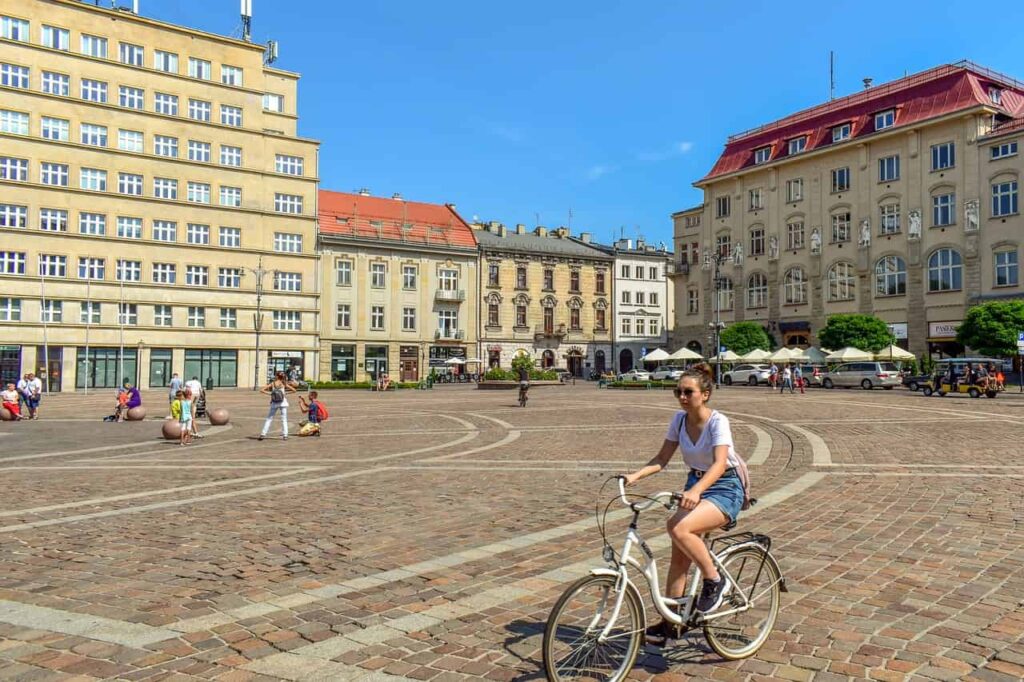La soft mobility, symbolized by the use of bike in urban areas, is facing a growing number of bans in our city centers. This trend, recently highlighted by bans in the city centers of Lille, Nice and Agen, raises questions about the viability of this ecological alternative and underlines the need to adopt more constructive solutions.
Bike Bans: A Growing Obstacle for Cyclists
Table of contents
ToggleThe growing ban on cycling in city centers constitutes a major challenge for lovers of soft mobility. This situation affects various categories of people, including workers who rely on cargo bikes to transport goods efficiently. These restrictions call into question the place of the bicycle as a means of daily transport.
Faced with these bans, it is crucial to ask ourselves whether this draconian approach is the best solution to resolve the problems of cohabitation in the city. Instead of hindering soft mobility, would it not be more judicious to rethink urban planning ?
Urban Planning: The Key to Successful Soft Mobility
Rather than restricting the use of bicycles in the city, urban planning can play an essential role in creating an environment favorable to soft mobility. Invest in suitable infrastructure, such as cargo bike parking et motorcycle bike shelters, can help resolve these cohabitation problems.
Municipalities have the power to promote soft mobility by rethinking public spaces. Cargo bikes require specific parking spaces, and bike shelters motorcycle provide necessary protection against bad weather and theft. These initiatives help create an environment where everyone, pedestrians, cyclists and motorists, can coexist harmoniously.
Solutions for Urban Mobility Thought
As a French supplier of urban furniture dedicated to cycling In the city, Vélo Galaxie positions itself as a major player in the promotion of well-designed soft mobility. Our products, such as bike parking cargo intelligently designed and secure motorcycle bike shelters offer concrete solutions to solve the problems faced by bicycle users in urban areas.
Collaborating with partners such as Vélo Galaxie represents an opportunity for municipalities to rethink their urban mobility policies. By integrating suitable urban furniture solutions, cities can promote peaceful coexistence between different modes of transport.
Thinking about the Future: Soft Mobility and Quality of Life
Rather than seeing bike bans as the only solution, urban decision-makers should consider more constructive alternatives. Investing in infrastructure favorable to soft mobility can help improve the quality of life in the city. The benefits go beyond reducing congestion and pollution, also encompassing the promotion of a healthy and active lifestyle for urban residents.
In conclusion, soft mobility in cities should not be hampered by bans, but rather encouraged by thoughtful urban development. By collaborating with partners such as Vélo Galaxie, municipalities can shape a future where soft mobility is not only authorized but also facilitated.
Galaxy Bike

